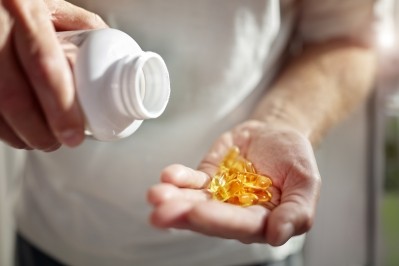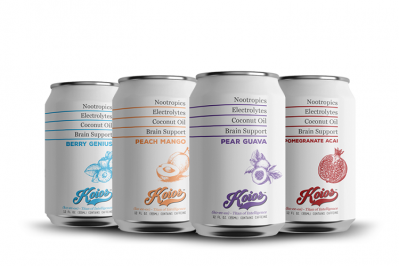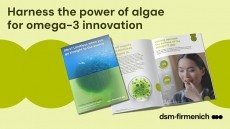How crisis communications can turn dietary supplement industry challenges into opportunities

The kinds of crises a dietary supplement manufacturer or marketer might face include manufacturing mistakes that could lead to recalls. If the mistake is of the sort where an order of magnitude error was made, say putting in 1 gram of an ingredient instead of 100 mg, these incidents could rise to the level of serious adverse events that could ultimately threaten the existence of the brand.
Other threats could include the besmirching of an entire category of products because of a mistake made by another company. For example, products that contain a given botanical could suffer if a product from one manufacturer happens to make someone sick and that event becomes widely known.
Or companies could be put under duress with negative reports in the media about null studies on the ingredients contained in their products. These are often written from a quick reading of the abstract or press release without a careful evaluation of the study design or the way in which the data was analyzed.
In addition, aggressive actions by regulators could cast a cloud over a whole category. For example, FDA’s issuance on Monday of 17 warning letters and advisories about companies making Alzheimer’s disease treatment claims is not good news for any company selling a nootropic product.
Process should be proactive, not reactive
Gil Rudawsky, a former newspaper business journalist, has built a crisis communications practice at the Denver-based PR consulting firm Ground Floor Media. He said the time to think about what to do when these things happen is well before they do.
Rudawsky told NutraIngredients-USA that the first thing he asks new clients is if they’ve thought about any of these issues beforehand.
“The first thing I would ask if they have a crisis communications plan. This is something you have to do in advance of crisis,” he said.
The basic evaluation process Rudawsky said he lays out for his clients is similar in some ways to the identification of hazards for a HACCP (Hazards Analysis Critical Control Points) plan to be compliant with FSMA (the Food Safety and Modernization Act).
“To develop a plan you have to identify any potential issues with your product. I ask people what are the five things that keep them up at night. It could be a recall, or an adverse effect of your product on your consumers,” he said.
Don’t cover up
Rudawsky said that evaluation process ought to be guided by three principles:
- Fix the problem
- Apologize and make sure it does not happen again.
- Identify your team, and your audiences.
After the potential hazards have been identified, the next step is to decide what you’ll do when something bad happens. That includes deciding who’s going to be on the crisis team and what their roles will be.
“Then you decide what your messaging will be. And you need to identify what the audiences are for those messages. Back in the day this might have just been the print media. But now you need to think about social media. And you need to communicate with your own employees, with your board, and last but not least, with regulators,” he said.
Getting counsel involved early
A key part of the team ought to be legal counsel, whether in house or on retainer, Rudawsky said. He has observed that all too often legal counsel is called in too late, only in the heat of the moment, to evaluate the messages that a company intends to convey. In a case where potential liability might be involved, this is a delicate balancing act. The trick is to be honest and transparent while at the same time avoiding giving ready ammunition to opposing counsel should a lawsuit arise. That’s worthy of spending a little time (read: money) beforehand, he said.
“Your core messaging might talk about your safety protocols, and the kind of testing that goes into your product. For each of these audiences you would have a tailored message,” Rudawsky said.
Rudawsky said a crisis communication plan should be detailed to the point of knowing the names of the persons in each of these audience groups the company intends to contact during an event. That would include email addresses, cellphone numbers and so forth. And the plan should include assigning someone to periodically keep that list up to date, he said.
Crisis as opportunity
A good crisis communications plan can go a long way to limiting damage during an event or even boosting a company’s image as a result of the quality of its response, Rudawsky said. After all, business, like life, is not about never making a mistake. Rather it is about what you do to fix and learn from one.
“Even at the best of companies, no matter if they have the best protocols in place, accidents can still happen. The question then is did you get the information about the event out soon enough, and were you honest about it,” he said.
“A key point is to never compromise your integrity. If someone calls up and they’re having a crisis and they want us to help them sweep it under the table or redirect it, we won’t take that business. It’s not in our best interests and it’s not in the best interests of the brand,” Rudawsky said.

















